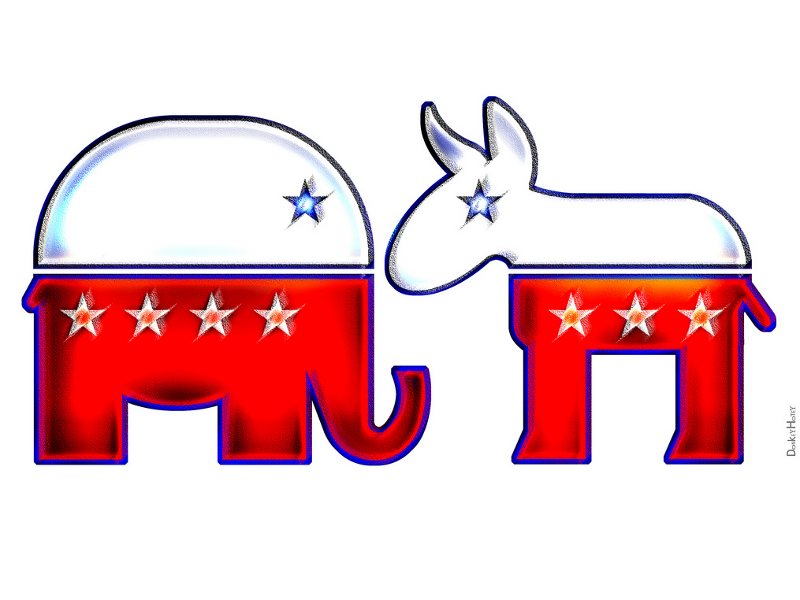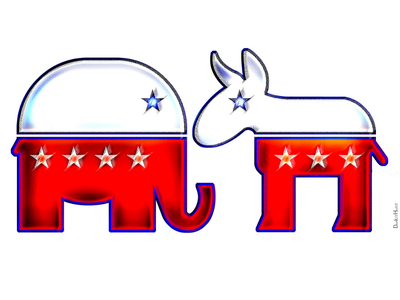

Republican Nevada Senator Dean Heller and Democratic Nevada Senator Harry Reid have fallen out publicly over the strategy for introducing the a federal online gaming bill.
The bill sponsored by Reid and long-time online gambling opponent Jon Kyl faces a rapidly closing window of opportunity. A recently leaked summary of the bill indicates that the proposed legislation aims to provide federal regulation of online poker while restoring federal restrictions against internet gambling lost in the reinterpretation of the Wire Act.
Reid had given Heller until Monday to secure the 15 Republican Senate votes required for the uninterrupted passage of the online poker bill in the Senate. Heller responded with a letter to Reid stating that it was his understanding that the two had decided to introduce the bill in the House of Representatives rather than in the Senate.
Reid denied the existence of any such agreement and called Heller’s inability to muster sufficient Republican votes for the bill to succeed in the Senate a “failure of leadership.”
Kyl sided with Heller stating that he too thought it was more beneficial for the bill to be introduced in the House. Kyl went on to question Reid’s motives in criticizing Heller and insinuated his tactics may be partisan: “The key question is, does Senator Reid want the bill more, or does he want to elect his Democratic colleague more?”
Neither Heller nor Kyl sees the point in passing a bill in the Senate when it will simply be rejected by the Republican controlled House of Representatives. Heller questioned Reid’s sudden pressure to produce votes in the Senate: “This was never going to happen before the lame-duck session, so why all of a sudden all the noise today doesn’t make sense to me.”
Heller sees the only viable strategy as being one where an online gaming bill can first pass the House Republicans who will want stringent anti-gambling provisions. Then when it passes to the Senate, an exemption for online poker can be negotiated.
As the junior Senator from Nevada, Senator Heller has the political support from his home state necessary to work for a bill which, as his own party’s recently published platform makes clear, is in opposition to the new Republican political position.
The political environment which the bill must traverse has shifted as states have initiated their own gaming legislation. Previously supportive members of Congress are now under pressure from states which see the bill as a threat to their own independent solutions and the revenues those solutions are expected to generate.
Some states also see the federal bill as a competitive barrier that will give Nevada an “unfair” advantage as the result of its existing gaming regulatory experience. Tribal interests are also concerned with a loss of sovereignty should Federal legislation designate an external regulatory body.
The imminent presidential election and the campaigning it involves may also be hardening attitudes. The adversarial nature of US politics makes cross party agreements difficult at the best of times especially when it concerns morally controversial issues like online gaming. It is not easy to discriminate between genuine disagreements that affect the chances of the bill being enacted and election maneuverings.

